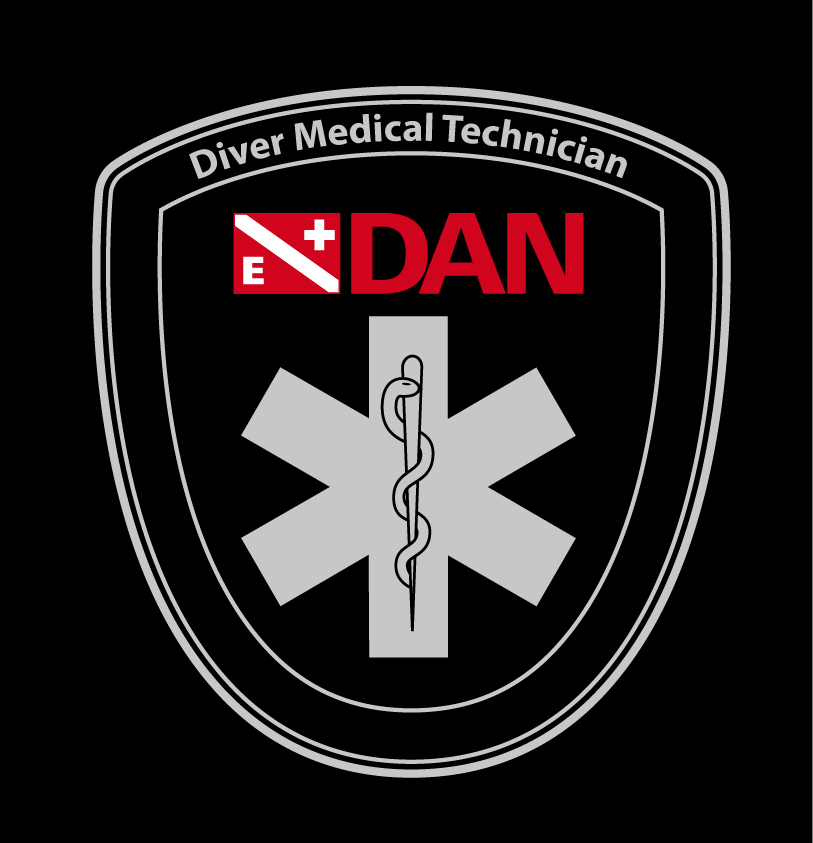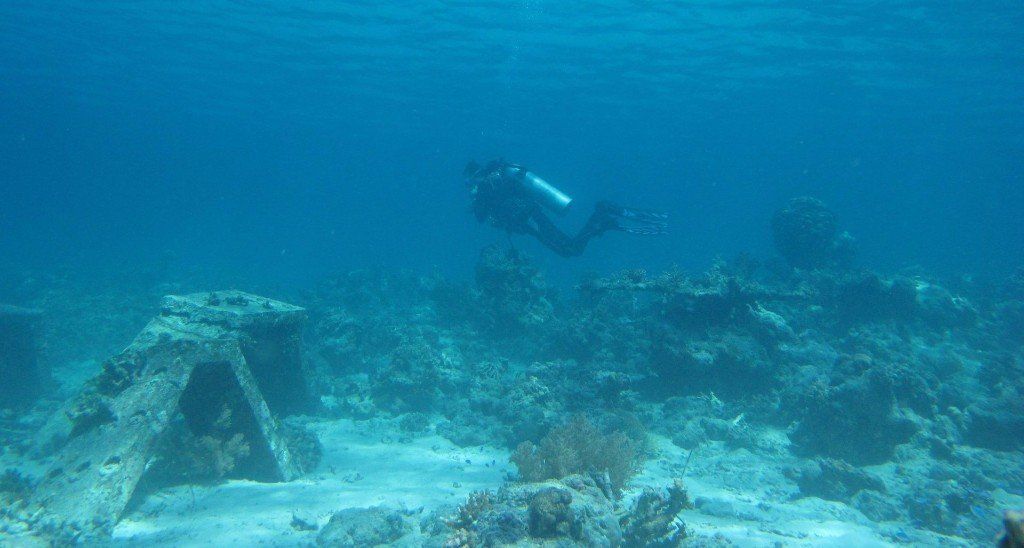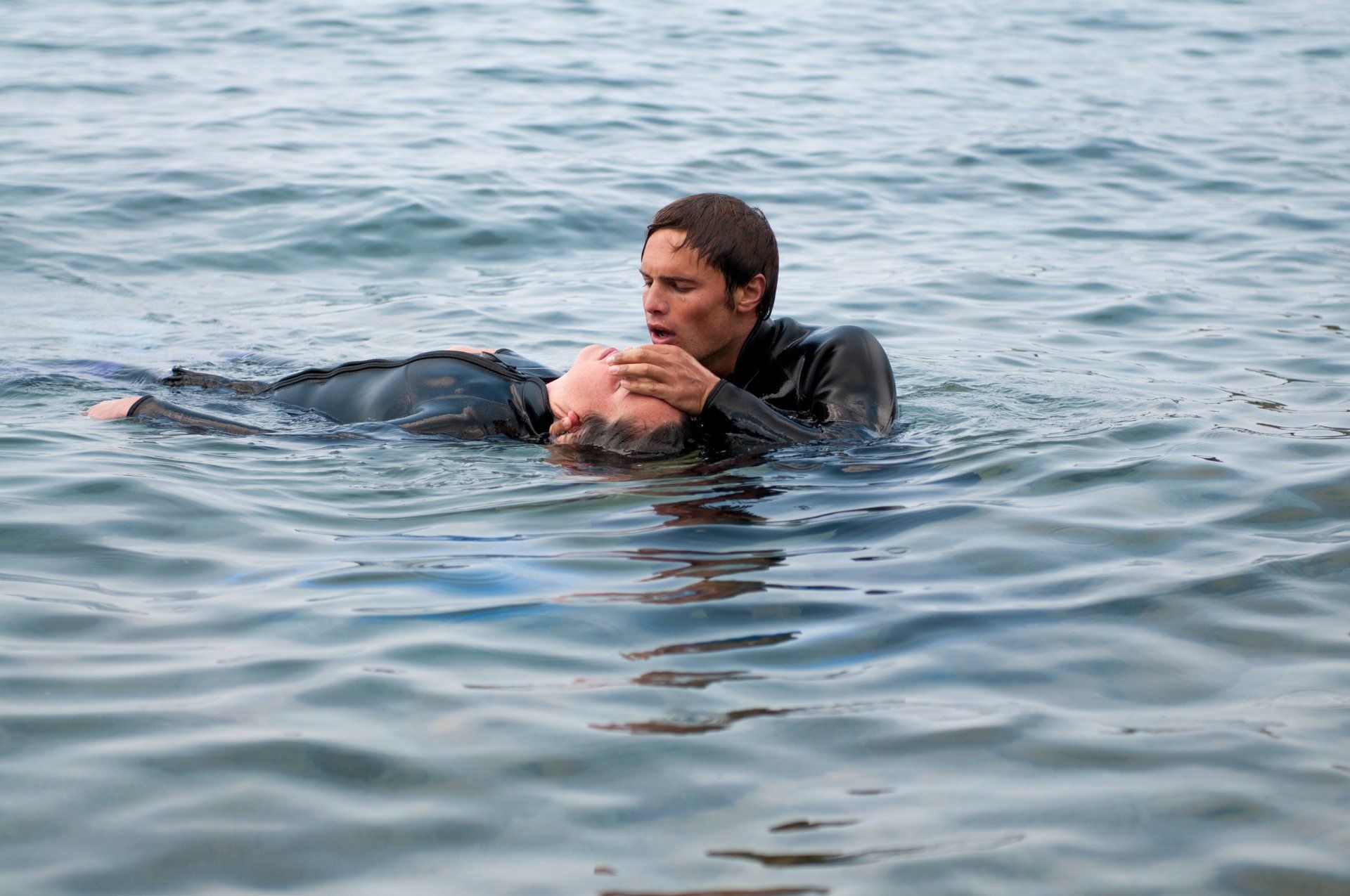Job Opportunities in Madagascar Luxury Resort
October 13, 2019
Fantastic Job opportunities in Madagascar on a Luxury Resort

DIVING INSTRUCTOR and Nurse MIAVANA
We have an incredibly opportunity the right candidate. We are looking for adventurous, self-motivated , dynamic characters to come and join our team, who will embrace life here on the island.
We are looking for a nurse and a diving instructor. From our experience candidates most suited are A&E Nurses, possibly nurse practitioners, Expedition or Oil and Gas trained who are adventurous, have no commitments at home and what to save some cash the best applicants. Ex military or some experience in tropical medicine can also be beneficial. To combine the two would be awesome.
The ideal candidate will be:
· Very good character – add to the island dynamic
· Self-Starter
· Able to make strong decisions and be confident
· Remote location – medevacs, little to no equipment on island, no night medevac as helis can’t fly, therefore very competent.
· Also able to train on First Aid and Some smaller ‘tiger teams’ on very advanced first aid and helping in life support, administering some meds such as adrenaline etc.
The location is unbelievable. Salary is from $1000 gross per month. All accommodation included, all meals, no living costs at all. One flight a year if on a longer contract, otherwise on a three month contract return flights.
For the right candidate (not necessarily a nurse or paramedic, possibly either ex-army/military, there may be the opportunity of an activities manager role – which needs to go to a very well rounded, very self-motivated individual. As many quals relevant as possible – boat skippering, other water sports etc. etc. kitesurfing, sporty, kayaking, fishing, Supping - with some strong management experience and a good character.
Yoga instructors are also an added bonus.
We were previously looking at constant three month rotations, however we would be keen to look at a more long term option if possible. So we would consider both, if they were here longer term, the salary would of course be higher.
Interested? Email a letter with a copy of your CV and references to sj@miavana.com

Buddy Dive, Bonaire is teaming up with The Diver Medic to offer the EFR Distinctive Speciality Diving Emergency Medical Responder and the DAN Europe Diver Medic Course. December 2019 Deal - Buddy Dive is offering an exceptional Room and Dive Package: 7 night Special for Buddy Dive Resort includes: . Transfers from airport to resort and return . Studio apartment with kitchen . Daily buffet breakfast for each person . A pickup truck with unlimited mileage for 7 days . 6 days unlimited shore diving for each person . Tanks, weights, belts, FREE Nitrox . Welcome drink and Manager's party . All taxes . Bonaire Pros VIP traveler assistance TOTAL for 1 person - $1777.00 For 2 people - $1072.00 for first diver and $897.00 for the 2nd diver If you do the package in a 1 bedroom: TOTAL for 1 person - $1947.00 For 2 people - $1157.00 for first diver and $982.00 for the 2nd diver Add 6 boat dives for $175.00 for first diver (2nd diver gets them free) To get this amazing deal please mention "DIVER MEDIC" For travel arrangements and package deal, please contact Bonaire Pros (www.bonairepros.com; mytrip@bonairepros.com ; 800-748-8733; 817-416-2580) If you already have accommodation and just want to do the course, see below - In addition: The EFR approved DEMR total cost is $500.00 (online and practical)Instructor certification with Medical background $100.00 plus $150.00 EFR Approved DEMR instructor application fee. For instructor certification with no medical background, DAN Europe DMT fee is $500 for practical, this course will help in providing a medical background to teach the DEMR course. Normal DMT fee $900.00 The DAN DMT is an add-on to the DEMR course so you will have to take the DEMR and DMT together to get both certifications. To book on the a course please email, Chantelle on Info@thedivermedic.com DATES: December 9-10 DEMR Practical Course at Buddy Dive in Bonaire December 11-12 DAN Europe Diver Medical Technician Course Practical Buddy Dive, Bonaire (If you are not already aware, Buddy Dive is the top-rated dive location in the Caribbean. Direct flights from Amsterdam, Miami, Houston, Newark and more. The most common travel pattern is to arrive and depart on Saturdays, thus giving the course attendee time to both learn and become certified in DEMR, as well as to dive in the most convenient and delightful locations on the planet. https://www.buddydive.com Don't worry you will get loads of time to dive too! Anyone interested please email Chantelle at info@thedivermedic.com

TheDiverMedic Announces Practical Training at US Locations for Dive Professionals By TheDiverMedic August 6, 2019 Would you know what to do if? The following are Case studies. A diver made a rapid ascent from 177ft and arrived at the surface having missed approximately 30 min of mandatory decompression. After returning aboard a dive boat, a diver experienced chest pains, ‘pins and needles’ and loss of sensation in his legs. He had made a dive to a maximum depth of 89 ft for 25 min and had a normal ascent. Would you know what to do if a diver had surfaced unconscious from diving 30ft, while you were on a liveaboard and no one was medically trained, would you know what checks to do on the diver to find out why he/she was unconscious? On surfacing a diver felt unwell and developed the following, cold and clammy skin ( water temp was 78°F), rapid heart rate, rapid breathing, thirst, red rash on the arm, anxiety, nausea, and confusion. Unfortunately, only one of the divers received prompt care and recovered well due to someone having advanced first aid, and was able to treat the diver immediately. All of the above events are true and took place last year; however, these are only a handful of accidents that happen each year. As much as we try and prevent accidents, accidents still occur. Do you think you are prepared enough? Let’s have a look at the 1st and 2nd incident: The first step is to run a neuro exam. The aim of this is to ensure that timely treatment and care can be provided as soon as possible. If a neuro exam is poorly run, then there is an increased risk of harm to the diver. We want to create divers who can care for divers when things do go wrong, not if they might go wrong. 3rd Incident: A patient who is unconscious does not help the rescuer that much, as the only information that is gathered is what the rescuer can see, smell, or touch. If the patient were conscious, the patient would then be able to tell us what was wrong with them. As we are eager to help this patient, knowing what to look for in an unconscious patient is being like a detective. As you are a diver yourself the first thing is, get someone to check the diving history on the dive computer, while you look at the following Vitals: Check patients’ vital signs then, Check the response of the patient by using AVPU, Alert responds to Voice, returns to Pain, Unresponsive Check the patient’s pupils, are they (Equal, round and reacting to light) Check posture of the patient and consider using the Glasgow coma scale (head injuries and Stroke) Lastly is the patient Diabetic and so check Blood Sugar levels if possible 4th Incident: The patient is conscious, and that helps the rescuer as the patient can talk, and therefore, they able to get a medical history and Signs and Symptoms. You are almost there with that detective work. However, we need to know what condition can produce those signs and symptoms. This Patient is in shock! Which type of shock? Is there any evidence of blood loss? Does the person have a history of cardiac problems? Has the patient had a spinal injury? Does the patient have diabetes? Or due to the rash on the arm, does the patient have an allergy? These are just a few of the many skills used to help identify what may be wrong with the given case studies. As I mentioned, we can’t prevent accidents, but we can prepare you to get the skill to feel confident and have the knowledge to understand what is happening to your fellow diver and have the ability to treat your fellow diver with the care they so deserve whilst awaiting EMS. These are the reasons why I am confident that learning new medical skills by taking the Diving Emergency Medical course is gaining one of those invaluable skills everyone needs. So where to go now, go to the following link where you will get more information on the course and then sign up, https://thedivermedic.thinkific.com/courses/EFR-DEMR Attention All Active EFR Instructors…… Would you like to become an EFR DEMR Instructor? Do you have a medical background like EMT, DMT, Nurse, Paramedic, Doctor or equivalent. How about joining our team of DEMR Instructors around the world and get the knowledge out there. Please remember this course is not owned by EFR and was created by The Diver Medic. So, you will need to go through The Diver Medic to get approved to be an Instructor Contact Chantelle Newman at info@thedivermedic.com for further information. Here are two locations you can attend your Practical training, other venues coming soon. 14th and 15th September, Dutch Springs, 4733 HANOVERVILLE ROAD, PA 18020 – Bookings: Sandy Shaw, sandy@thedivermedic.com, +1 (917) 299-4308 10th and 11th November, Pre-DEMA, Orlando, Florida – venue to be confirmed – email: sandy@thedivermedic.com

Chantelle Newman founded the Diver Medic in 2010. Chantelle wanted to combine her love of Medicine and her passion for Diving into something everyone could benefit from. The beginning was to get some social media attention by creating a closed Facebook Group called The Diver Medic. The reasoning for the closed group was only to have divers and medical professional who was interested in the content of Diving Medicine, accidents, injuries and case studies, oh and of course sometimes the occasional, what caused this injury? A picture of an injury the diver medic group would have to try and work out and discuss what caused the injury. Chantelle went on to complete her IMCA Diver Medical Technician course in the United Kingdom and could not understand why the recreational diving industry did not have a similar direction as the commercial diving sector as they had more injuries and deaths in the .recreational sector So, she contacted DAN Europe to see if she could collaborate and DAN Europe agreed. Together they created the DAN Europe Diver Medical Technician course for recreational divers. There was such a need in the market, and the course is extremely popular having been asked by the Egyptian Navy, Dubai Search and Rescue Police, UK Police, Technical Divers, Public Safety Divers, Military, and many others. Chantelle felt incredibly humbled when her students would call her up or message her informing of a rescue they personally were involved in and thanking her for her knowledge that she shared with them. With all Chantelle has achieved in Education in remote areas and promoting safety, she was inducted into the Women Divers Hall of Fame www.wdhof.org 2016 and now is a member of the Explorers Club www.exploresclub.org The Diver Medic has been a driving force for Chantelle to ensure that Divers get the best medical assistance and training regardless of where they are. Recently teaching some Instructor Crossovers for various diving agencies, Chantelle saw first-hand the dilution of training due to lack of quality and skill. Being an instructor is such a valuable entity and an up to date knowledge to influence the students and give them the best of what you are; are paramount to the diver learning and adapting the safety practices whilst diving. Recently, The Diver Medic and Chantelle created a new course called the Diving Emergency Medical Responder (DEMR) to bridge that gap between First aid and EMT. So a new level of advanced First Aid that everyone can learn and use and be confident in. The course has been approved by EFR and is done in two parts, online theory and face to face practical. The online section goes live on the 1st of August 2019 and will be taught around the world. The Diver Medic USA is managed by Sandy Shaw, who is a PADI Diving Instructor and will soon be an EMT Instructor. Sandy has been involved since 2017 and has the same passion for safety as Chantelle. The Diver Medic and their Instructors, Sandy And John Raftery will be hosting their first practical training day for the DEMR course at Dutch Springs, 4733 Hanoverville Rd, Bethlehem, PA 18020, USA. This will be the first of many courses in the USA. There will also be a DEMR course running in Orlando before DEMA. EFR Instructors who have a medical background are encouraged to become DEMR instructors, to help invest in training as many divers as possible to share the important knowledge of saving lives and helping injured divers. If you are wanting to become an EFR DEMR Instructor, please contact Chantelle not PADI or EFR as the course belongs to The Diver Medic. The more knowledge passed on to help others is The Diver Medics mission. Helping keep the Diving Industry safe.
